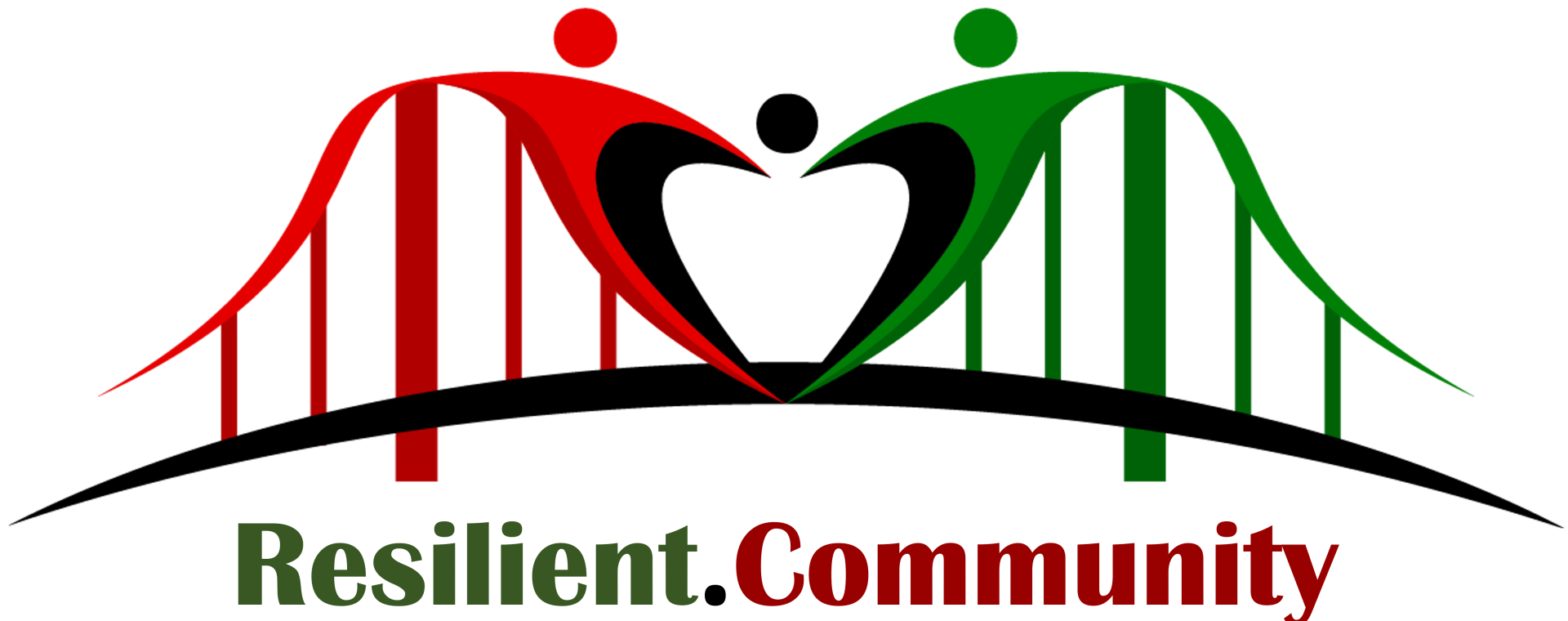Why AI is Complicating the fight for Climate Justice
The US must balance climate justice challenges in the era of artificial intelligence
The unequal burdens of climate change have fallen most heavily on communities of color and low-income communities—and now, the rise of artificial intelligence (AI) adds another layer of complexity to addressing those impacts. Joseph B. Keller, Manann Donoghoe, and Andre M. Perry explain that despite optimism that AI innovations can mitigate the damage of climate change, the technology has a growing, but often hidden, environmental footprint. They argue that efforts to confront climate change must improve transparency around AI’s environmental impacts on historically underserved communities.
|
Despite a national spike in homelessness, some US regions are finding solutions
National homelessness trends are grim: Between 2022 and 2023, the U.S. saw a 12% increase in homelessness, and a 15% increase in major cities. But there are bright spots, with nine major cities seeing their homelessness rate decline or remain stable over the same period. What are some regions doing right in their work to reduce homelessness? Hanna Love and Tracy Hadden Loh highlight effective short- and long-term strategies, including reforming local housing policy, strengthening supports for people reentering communities after incarceration, and pursuing a regional, data-driven approach.
|
Join us for a webinar
Empowering Black businesses: From startup to workforce expansion Thursday, February 15, 2024, 2:00 PM – 3:15 PM EST
The number of Black-owned employer businesses in the U.S. continues to grow, yet still falls significantly short of representing Black Americans’ share of the population. More so than sole proprietorships, employer businesses generate more wealth for owners, better meet the demands of emerging markets, and foster innovation and collaboration—making them vital contributors to prosperity in Black communities and the national economy as a whole. At this online event, Andre M. Perry will present the findings from a forthcoming Brookings report on recent Black-owned business growth trends, and an expert panel will discuss the barriers and opportunities for Black employers to grow economically diverse and thriving communities.
|
How can we scale earn-and-learn opportunities? Lessons learned from three pioneering states Wednesday, February 21, 2024, 2:00 PM – 3:15 PM EST
While many peer countries partner with employers to offer workers earn-and-learn opportunities such as apprenticeships, the U.S. primarily relies on four-year college degrees as the way to a good job—leaving many Americans saddled with student loan debt or stuck in a dead-end job. Yet recently, leaders in three states—Alabama, Colorado, and Indiana—have advanced policies that expand earn-and-learn opportunities for their residents. At this online event, Annelies Goger will interview these leaders to discuss what they’ve learned about scaling earn-and-learn opportunities, the remaining challenges, and what lies ahead.
|
More from Brookings Metro
With its winners announced, the Regional Innovation Engines program moves to expand place-based R&D. Last month saw the announcement of the winners of the National Science Foundation’s Regional Innovation Engines program, which aims to seed new innovation clusters in 10 places. This comes after decades of declining federal investment in research and development, which also saw nearly half of that spending flow to just six states and a small number of metropolitan areas. Mark Muro describes how the program represents a vital new resource for expanding the nation’s innovation map to include places such as Fargo, N.D. and Baton Rouge, La. Yet with the program’s funding levels coming up short, it’s incumbent on Congress to continue this effort to distribute opportunity to more people and places.
CHIPS and Science Act programs are writing a new story about the Rust Belt. The Biden administration’s efforts at place-based industrial policy are now rolling out across the country, with new programs sending federal dollars to regions that have historically lagged economically. A key focal area is the Midwest, which has long struggled to transition from its signature 20th century industries to a 21st century tech-driven economy. John C. Austin and Mark Muro discuss how two notable place-based programs—the National Science Foundation’s Regional Innovation Engines and the Commerce Department’s Regional Technology and Innovation Hubs—are rewriting this Rust Belt story, and using the Midwest’s significant assets to build a nationally vital innovation ecosystem. |




